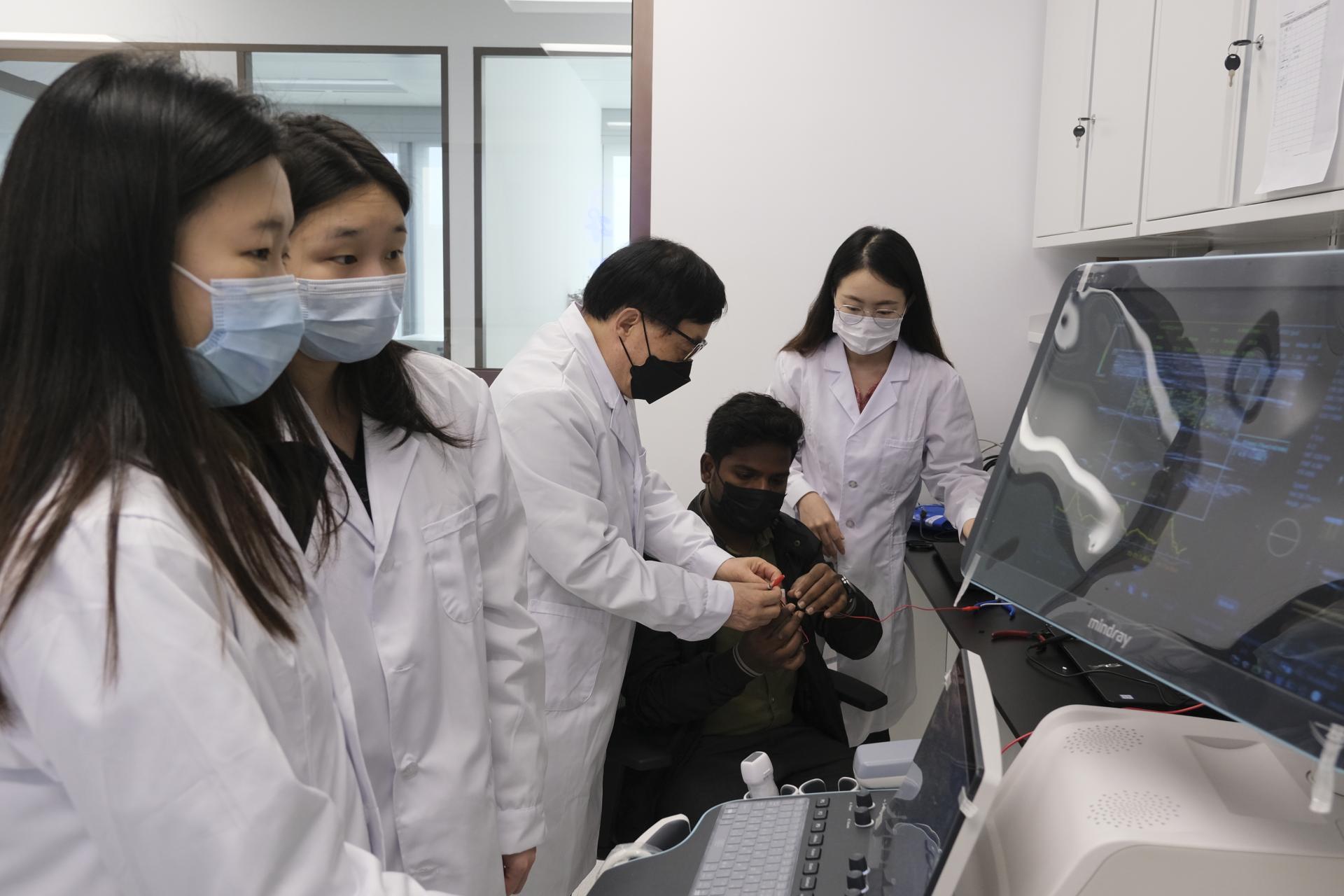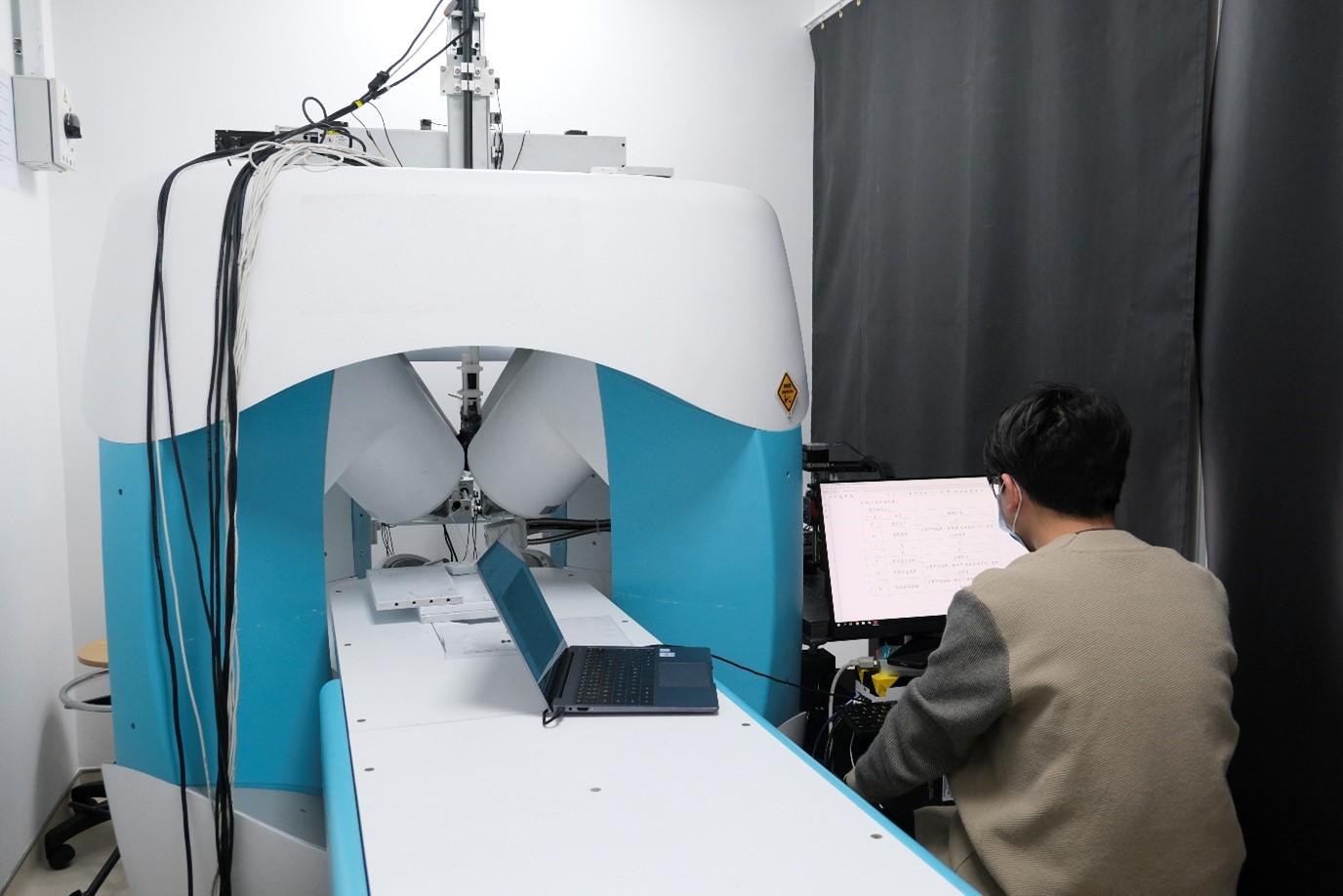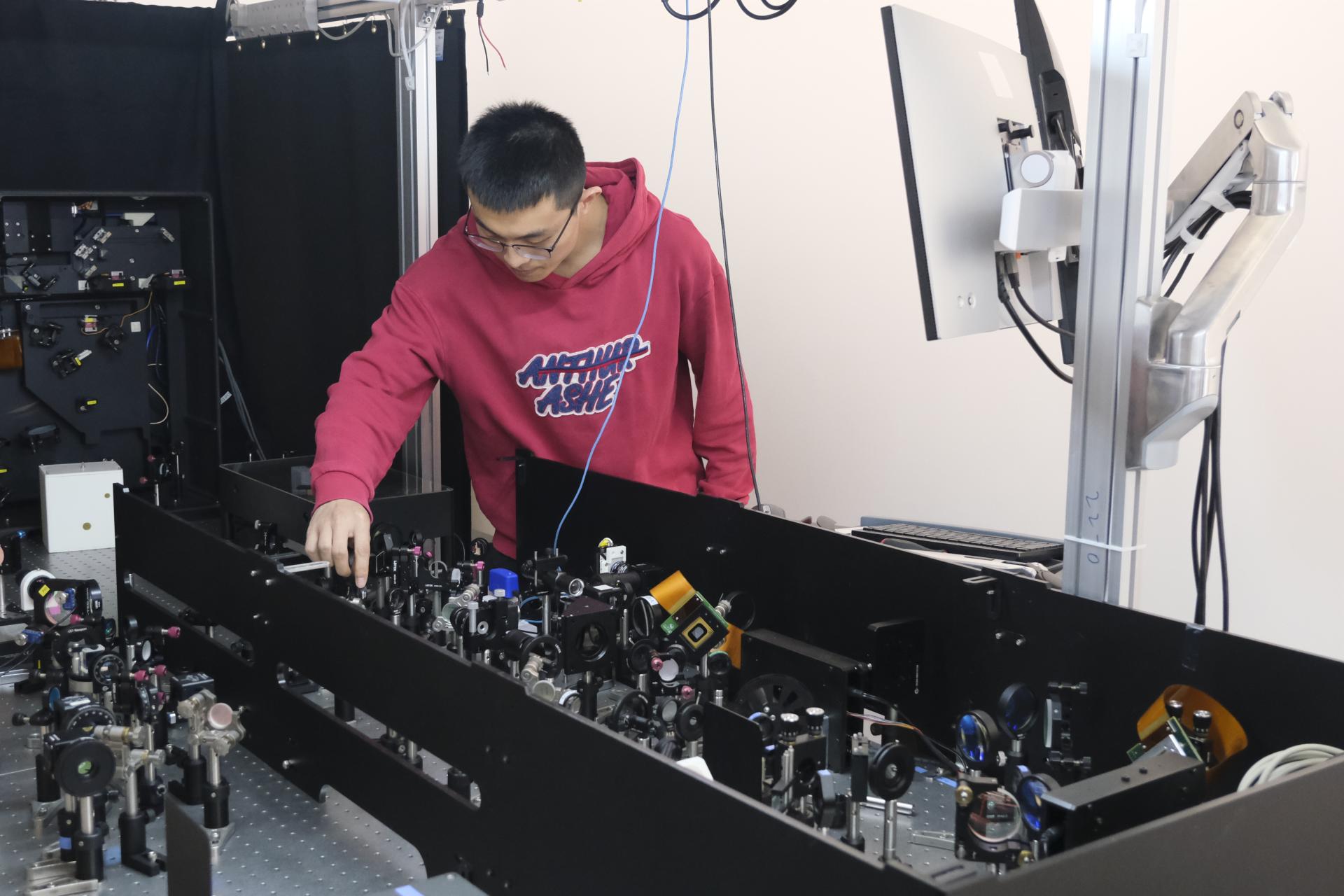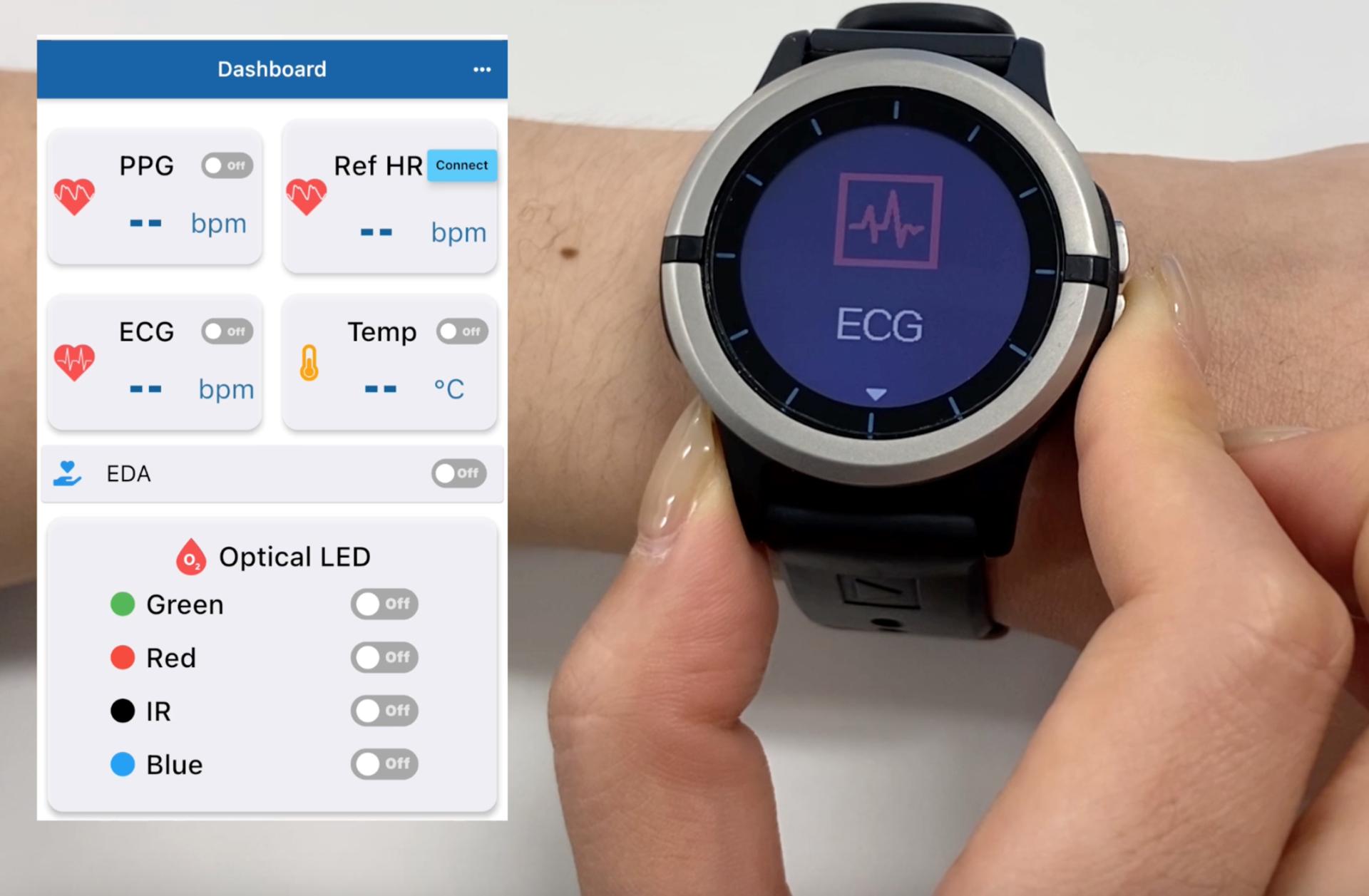
COCHE

Cerebro-Cardiovascular Disease (CVD) has been the world’s leading cause of morbidity and mortality as well as the health industry’s most costly disease for treatment. Yet, despite recent advances in its treatment, more effective and accessible ways to tackle CVDs remain to be discovered. Hong Kong Centre for Cerebro-cardiovascular Health Engineering (COCHE) is taking on the challenge to develop new ways to control and prevent CVDs with innovative technologies allowing early prediction and intervention, so people can stay a step ahead of the disease. These technologies can also reduce human cost, as well as alleviate both the economic and social burdens, on the healthcare system.
In collaboration with the University of Oxford and the Karolinska Institutet, Hong Kong Centre for Cerebro-cardiovascular Health Engineering (COCHE) was established under City University of Hong Kong in December 2020. COCHE, supported financially by Innovation and Technology Commission (ITC), was admitted to Inno-Health cluster of InnoHK Programme which is a major R&D initiative of the Hong Kong Special Administrative Region Government.
We are currently developing flexible sensing, biomedical and molecular imaging, high resolution microscopy, nano-biosensing, microrobotics and AI in health. In the area of biomedical sensing, we focus on innovative wearables that collect key vital signs, including but not limited to unobtrusive continuous blood pressure or tonoarteriogram (TAG) and electrocardiogram signals. The collected data from wearables is integrated with other biomarkers and imaging markers for the early detection and diagnosis of possible acute cerebro-cardiovascular diseases.



